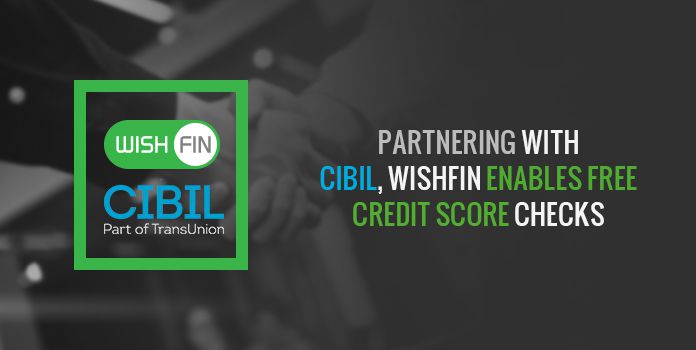Top Reasons for Low CIBIL Score & How to Improve it

CIBIL Score is equally important for people across different walks of life. One might need a loan, a credit card, etc. Your CIBIL score gives you credibility when approaching a bank for a loan or a credit card. It is the aggregate record of your past loans or EMIs. It is proof of your creditworthiness. A higher CIBIL score makes the process of getting loans much easier. Not only would your loans be approved quickly, but you can also decide on a lower repayment rate. A lower CIBIL score would invite higher interest rates. To avoid such a situation, it is crucial to maintain a higher free CIBIL score.
How to know your CIBIL score?
Several CIBIL Score apps can show you your CIBIL score after verification. You can know your CIBIL score by logging into any CIBIL Score app, filling up some of their forms to complete verification & viola! There are also a few free CIBIL score apps. A score is a three-digit number ranging from 300 to 900. You have very poor creditworthiness if your credit score is 300-400. This will make it very difficult for you to secure a loan. The interest rates would be incredibly high if you manage to get a loan.
Reasons for having a low CIBIL score:
The CIBIL score is a record of your entire credit history. It includes information about your credit card usage, the rate at which you pay your loans or EMIs and other personal information. The following are some reasons why a person might have a low CIBIL score:
- Bad repayment history.
- If a person makes late payments of EMIs or loans, then it hampers their CIBIL score.
- Over-using your credit limit
- If your credit card limit is used, and you used 30% beyond it, your credit score will drop.
- Too many loans & credit cards
- If you have numerous open loans and multiple credit cards, it will affect your creditworthiness negatively.
- You have never taken a loan.
- If this is your first time taking a loan or a credit card, then you don’t have a credit history. Therefore, you will start with a low default score.
How to improve your CIBIL score
Here are some ways which will increase your CIBIL score, guaranteed.
- Paying your EMIs, loan repayment dues, and credit card dues on time. This shows your punctuation and higher credibility.
- Don’t get newer credit cards now and then. Try to keep on using old credit cards until they expire. This helps in building credibility by maintaining a stable credit history.
- Since using more than the credit limit on your credit card lowers your credit score, it is important to limit yourself within the credit limit of your credit card. Thus you can get your credit limit changed in a way so that you will be on the safe side.
- Do not take too many different loans all at once. The number of loans in a certain period should be limited and as little as possible. Being indebted to many loans would mean you are stuck in the vicious cycle of taking loans to repay other loans.
- Be disciplined! Set reminders, save money for upcoming due dates, and be disciplined. This will help you avoid penalties that end up lowering your credit score.
- Regularly check your CIBIL report on Wishfin CIBIL Score APP and read it carefully. Rectify any mistakes at the earliest.
- Be patient. A lower score of 300 cannot be turned into 600 overnight. You will have to persistently follow the six steps mentioned above for a higher CIBIL score.
Conclusion
If there is a will, there is a way. Some uncertain events might force you to miss a due date or take multiple loans. This will inevitably lower your CIBIL score. But it doesn’t mean it shall have to remain that way. Following the above mentioned approaches will undoubtedly lead you out of the vicious cycle of loans and help you maintain a healthy relationship with credit or take multiple loans. This will inevitably lower your CIBIL score. But it doesn’t mean it shall have to remain that way. Following the above mentioned approaches will undoubtedly lead you out of the vicious cycle of loans and help you maintain a healthy relationship with credit.
